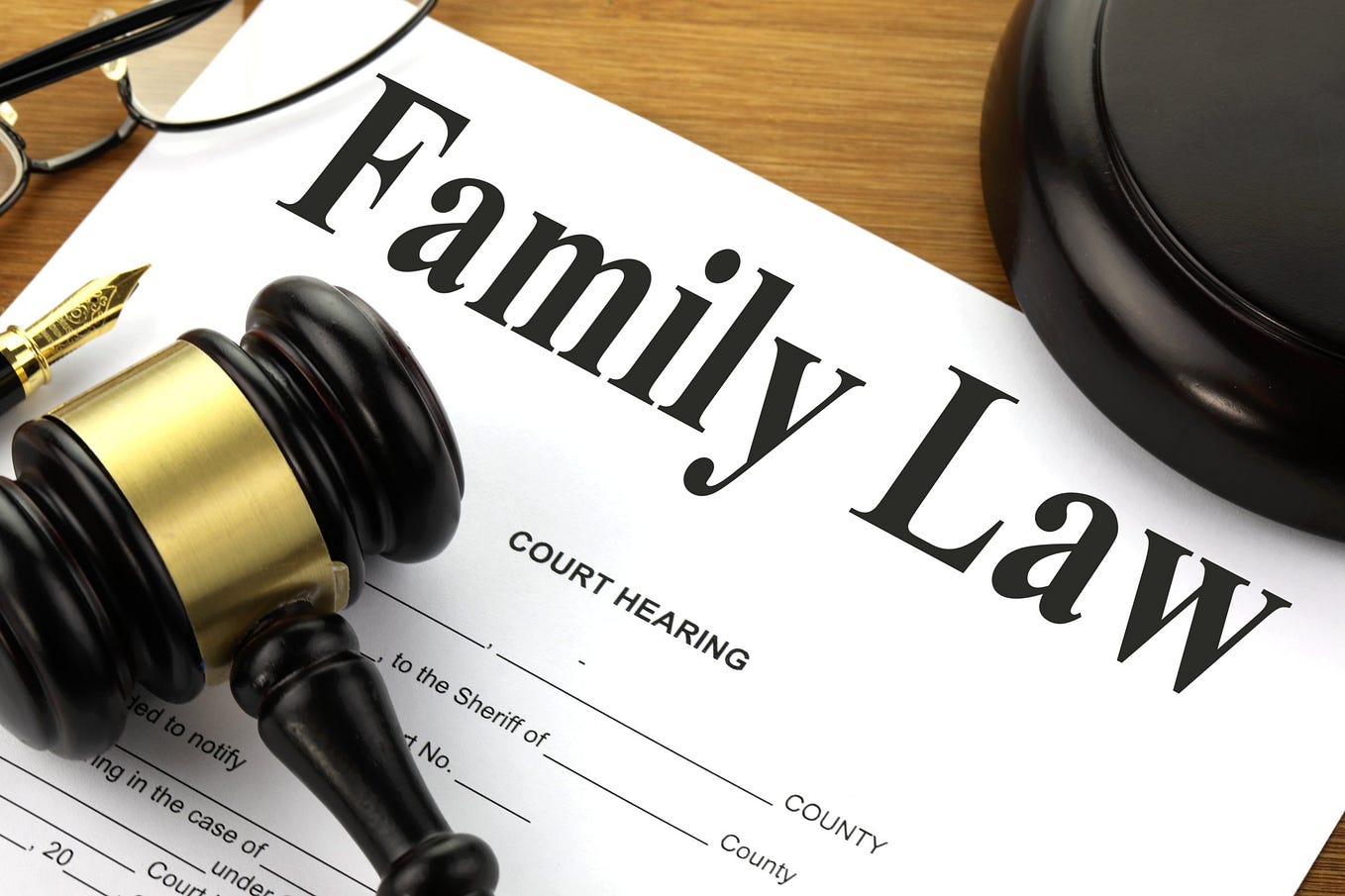Navigating the complex waters of the legal system can be daunting, especially when facing criminal charges. Whether dealing with a minor infraction or a serious felony, the expertise of a criminal defense lawyer is indispensable. This comprehensive guide will explore the vital role of criminal defense attorneys, how to select the right one, and what to expect throughout the legal process.
Understanding the Role of a Criminal Defense Lawyer
A criminal defense lawyer is a legal professional who specializes in defending individuals and companies charged with criminal activity. These criminal defense lawyer serve as the defendant’s guide, protector, and confidant throughout the legal process. Their primary goal is not only to represent their clients in court but also to ensure a fair and just trial.
Key Responsibilities
- Legal Representation: Criminal defense lawyers represent their clients in court, advocating on their behalf and presenting evidence to challenge the prosecution’s claims.
- Strategic Planning: They develop strategies tailored to the specifics of the case, often negotiating with prosecutors to reduce charges or penalties.
- Advisory Role: They provide valuable legal advice to clients, helping them understand the complexities of the law and their legal rights.
- Emotional Support: Facing criminal charges can be stressful; these lawyers also support their clients emotionally, helping them navigate the uncertainties of their case.
How to Choose the Right Criminal Defense Lawyer
Selecting the right criminal defense attorney is crucial to the outcome of your case. Here are some steps to ensure you find the best possible advocate:
Experience and Specialization
Look for an attorney who specializes in criminal law. Check their track record in handling cases similar to yours and their experience in the courtroom. It’s also essential to consider their familiarity with local laws and courts.
Reputation and Reviews
Reputation can speak volumes. Read reviews and testimonials from past clients to gauge the lawyer’s effectiveness and client service. Peer reviews and professional ratings, like those from legal associations, can also provide insights into a lawyer’s standing in the field.
Personal Rapport
Since you will be working closely with your attorney, it’s important that you feel comfortable with them. Assess your communication with them during initial consultations. A good lawyer should be attentive, understanding, and respectful of your concerns.
Fee Structure
Understanding how the lawyer charges—whether it’s a flat fee, an hourly rate, or a contingency fee—is important. Make sure you are clear about the fee structure to avoid any surprises.
The Legal Process in Criminal Defense
Once you have selected your lawyer, you should familiarize yourself with the legal process. Criminal proceedings can vary significantly but typically follow these general stages:
Investigation and Charges
The defense lawyer will begin by investigating the case, gathering evidence, and interviewing witnesses. This phase is crucial for building a strong defense strategy. Based on the evidence, charges will be formally filed if the prosecution deems it sufficient.
Arraignment and Plea
At the arraignment, the defendant is formally read the charges and asked to enter a plea (guilty, not guilty, or no contest). The defense attorney plays a critical role in deciding the plea, based on the strength of the evidence and the potential outcomes.
Pre-Trial Motions and Hearings
Prior to the trial, several hearings may take place. Defense lawyers often file motions to suppress evidence, dismiss charges, or request a change of venue. These motions can significantly impact the course of the case.
Trial
During the trial, both the defense and the prosecution present their cases to the judge or jury. The defense lawyer cross-examines witnesses, challenges evidence presented by the prosecution, and strives to create reasonable doubt about the defendant’s guilt.
Sentencing
If the trial results in a conviction, the defense lawyer attempts to secure the most favorable sentencing terms for their client. This could involve negotiating lesser penalties or advocating for rehabilitation programs instead of prison time.
Conclusion
Choosing the right criminal defense lawyer can mean the difference between a favorable outcome and a devastating one. It’s about more than just defending your case; it’s about shielding your rights, protecting your future, and ensuring justice is served. When faced with criminal charges, an experienced, competent, and compassionate attorney is your best shield against the complexities of the legal system.

